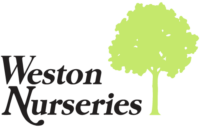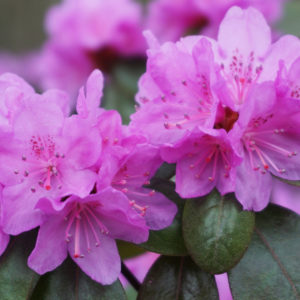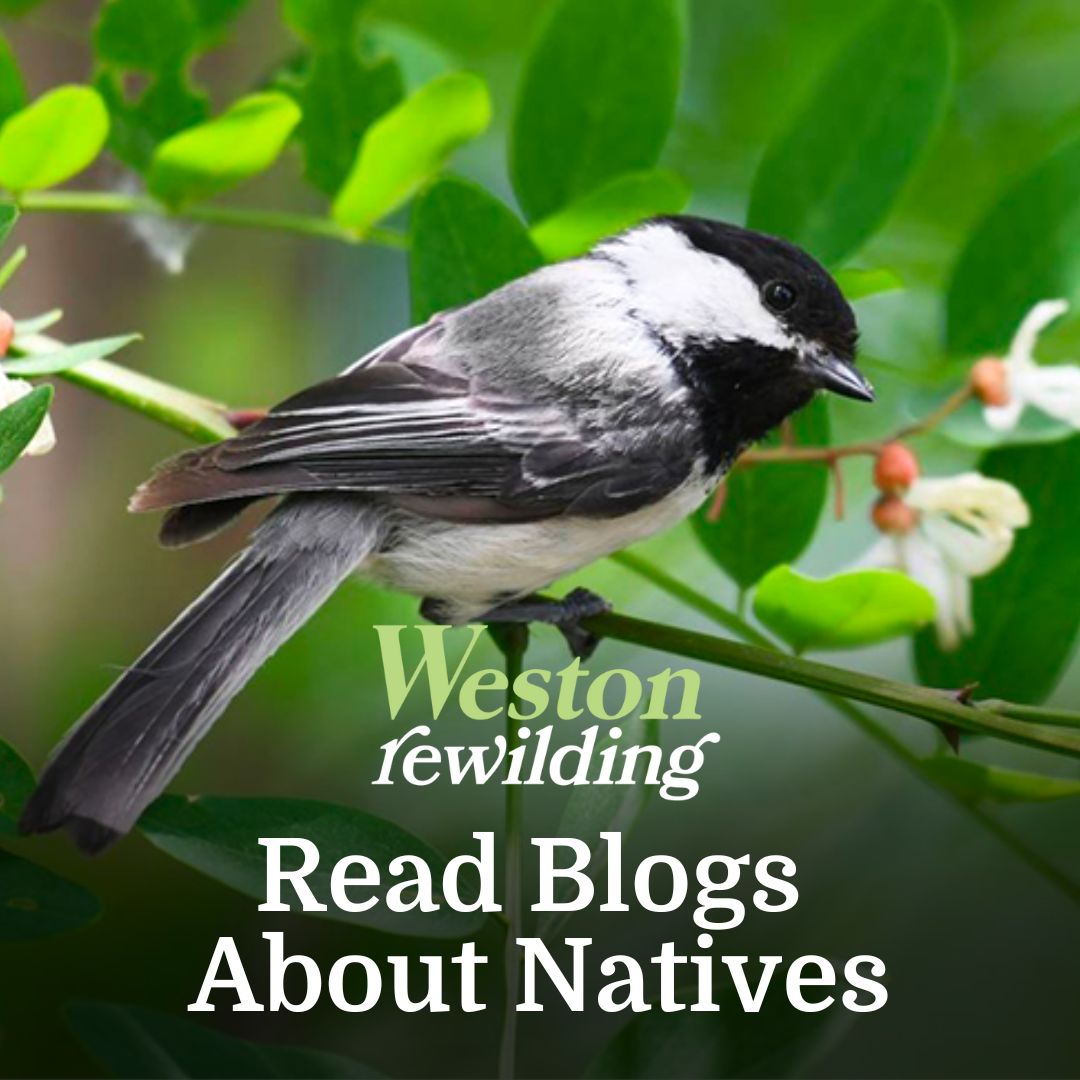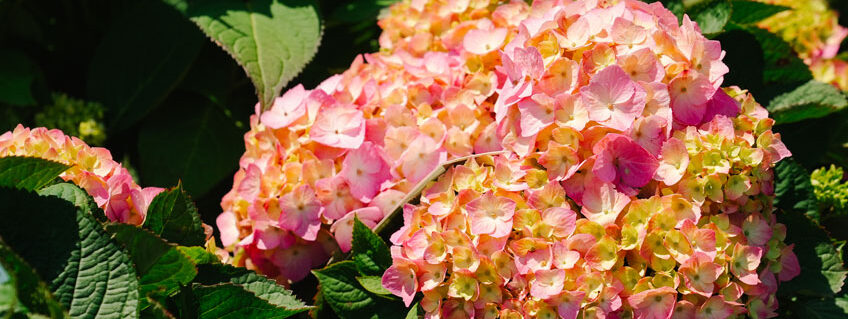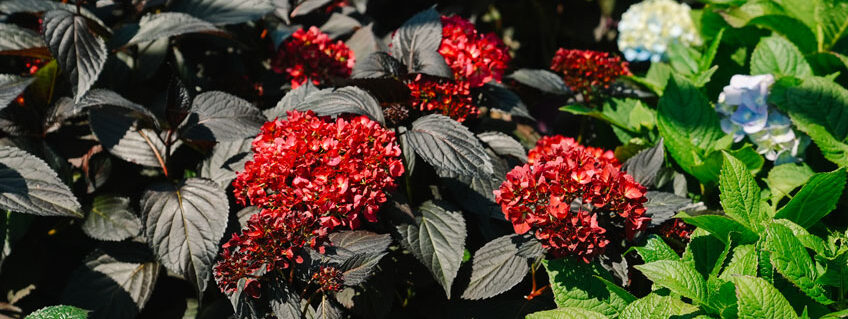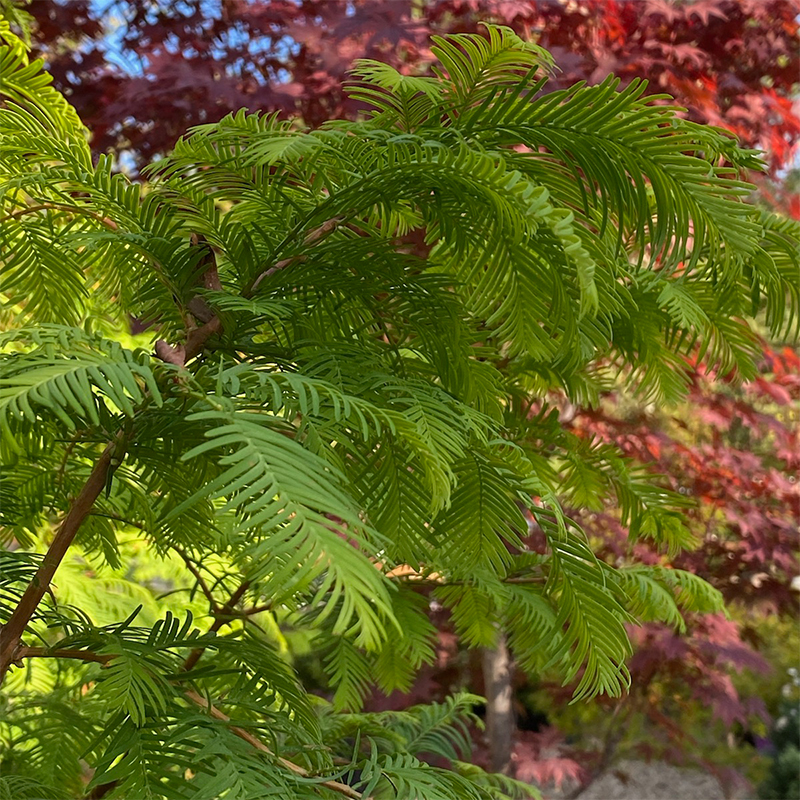
While most conifers are evergreen, keeping their needles for about 3-5 years until they are replaced due to their age, there is a small group of conifers that fall into the deciduous conifer camp. Instead of keeping their foliage throughout the year, come fall their needles turn shades of yellow, gold and rusty orange and then drop.
There are approximately 20 species of deciduous conifers belonging to 5 genera:
Larix (larch) of which there are 11 species. They are found in the cool climates of the temperate northern hemisphere where they have adapted to the harsh conditions of the northern forests. The U.S. is home to 3 species of larch: tamarack or American larch (L. Laricina) being the best known. The other two are L. occidentalis, western larch and L. lyallii, alpine larch. These trees with their brilliant golden foliage in fall can rival aspen and ginkgo for autumnal splendor and during winter provide visual interest with their cones and shaggy, peeling bark.
While it is not common to see any of our native larches for sale, cultivars of the European larch (L. decidua), Japanese larch (L. kaempferii), and Dahurian larch (L. gmelinii) are readily available.
Interesting examples are:
L. kaempferi pendula and L. decidua pendula which as their names suggest, are attractive weeping forms. The former has a narrow, sinuous growth habit and can even be trained to grow prostrate, while the second forms a more mounded shape and has a small garden friendly size of 12’ tall and 8’ wide.
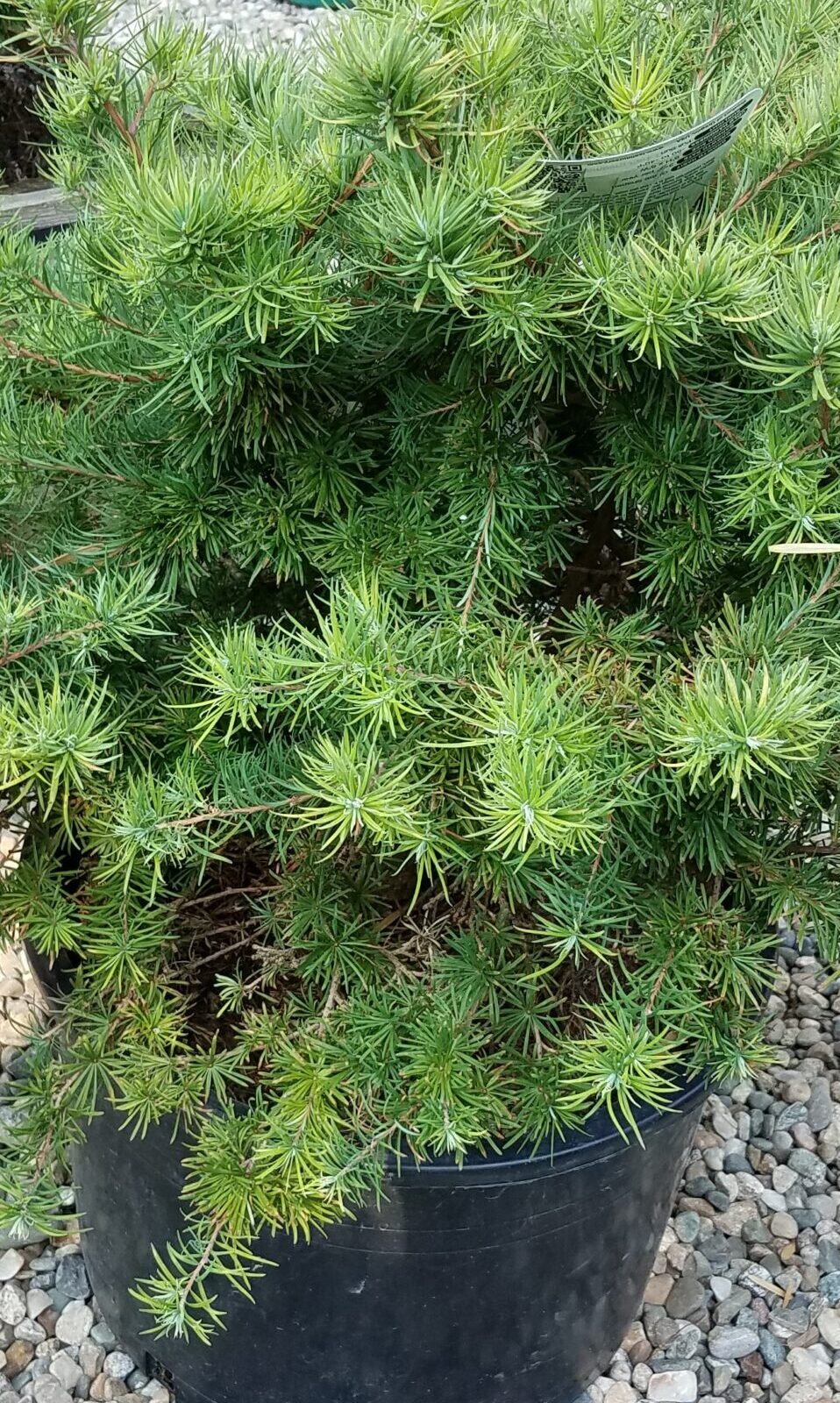
Ornamental larch also come in compact sizes, look out for L. decidua Deborah Waxman which reaches just 6’ x 6’ and L. kaempferi Wolterdingen which tops out at 4’ tall but 8’ wide, while L. gmelinii Romberg Park reaches just 6’ by 6’.
Taxodium is a North American genus, the most common of which is T. distichum, Bald Cypress. It is native to southern U.S. and naturally grows in swamps and flooded areas, although can adapt to drier conditions and will even tolerate occasional salt water. An impressive long-lived tree, its flared trunk will produce what is known as “knees” if it grows in water for a prolonged period. It too has peeling bark; often silvery gray and its delicate feathery foliage turns a deep rusty bronze in fall. It is hardy to USDA Zone 5 and is a robust tree for a large space.
Metasequoia (dawn redwood) is a genus with just one species – M. glyptostroboides and is rare in the wild where it was thought to be extinct until re-discovered in the 1940s. Native to China, it is now readily available in cultivation. A tall, long-lived tree, it can reach heights of 165’ and, similar to bald cypress, tolerates a wide range of soil conditions. Like larch there are several cultivars available; Gold Rush has chartreuse foliage throughout the growing season and reaches a more manageable 50’ while Amber Glow is smaller at 35’ and its lime green foliage becomes orange-tipped as summer progresses, turning to vibrant russet orange in the fall.
Pseudolarix is another one species genus, P. amabilis, and is more closely related to Abies and Cedars. Rare in the wild and cultivation, it is native to East China. Its feathery needles grow in whorls rather than clusters and it too turns a beautiful golden yellow in fall.
Glyptostrobus is the last genus of this family and contains the species G. pensilis, water pine. This is another tree native to Asia, being found in S.E. China and Vietnam and is not suitable for New England climates, being hardy only to USDA Zone 8.
While the last two examples are not suited to New England climates, larches, bald cypress and dawn redwoods are all excellent trees for our landscape, especially with their tolerance of less-than-ideal conditions and will certainly make for an eye-catching contrast in fall when planted near trees such as maples.
by Catherine Cooper

